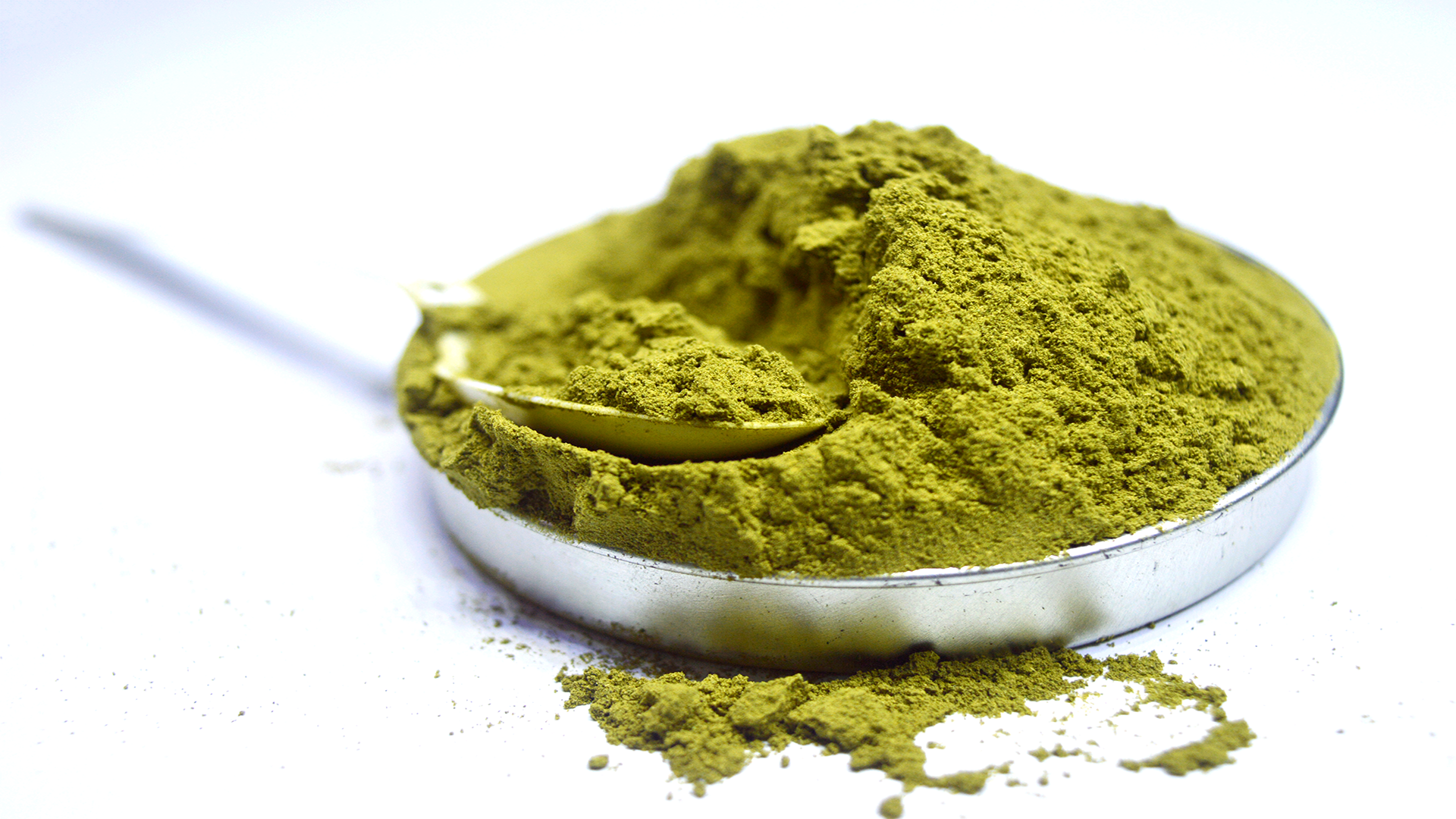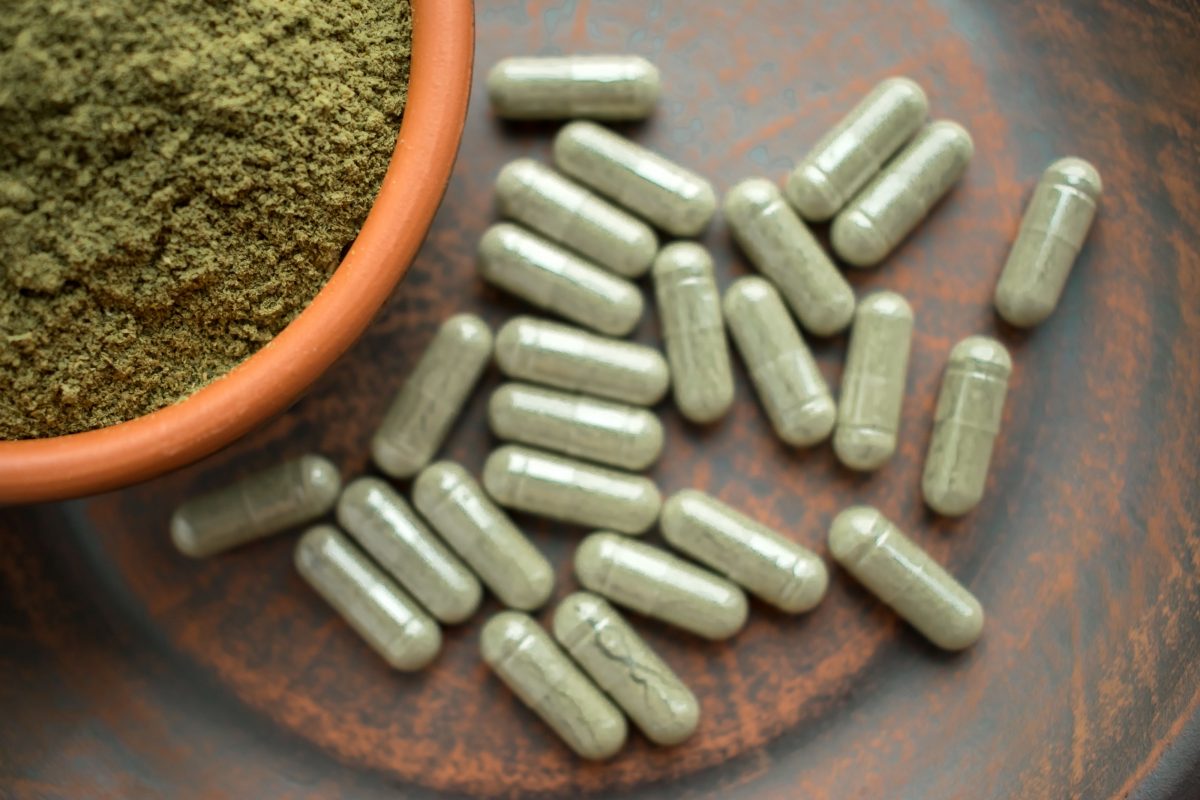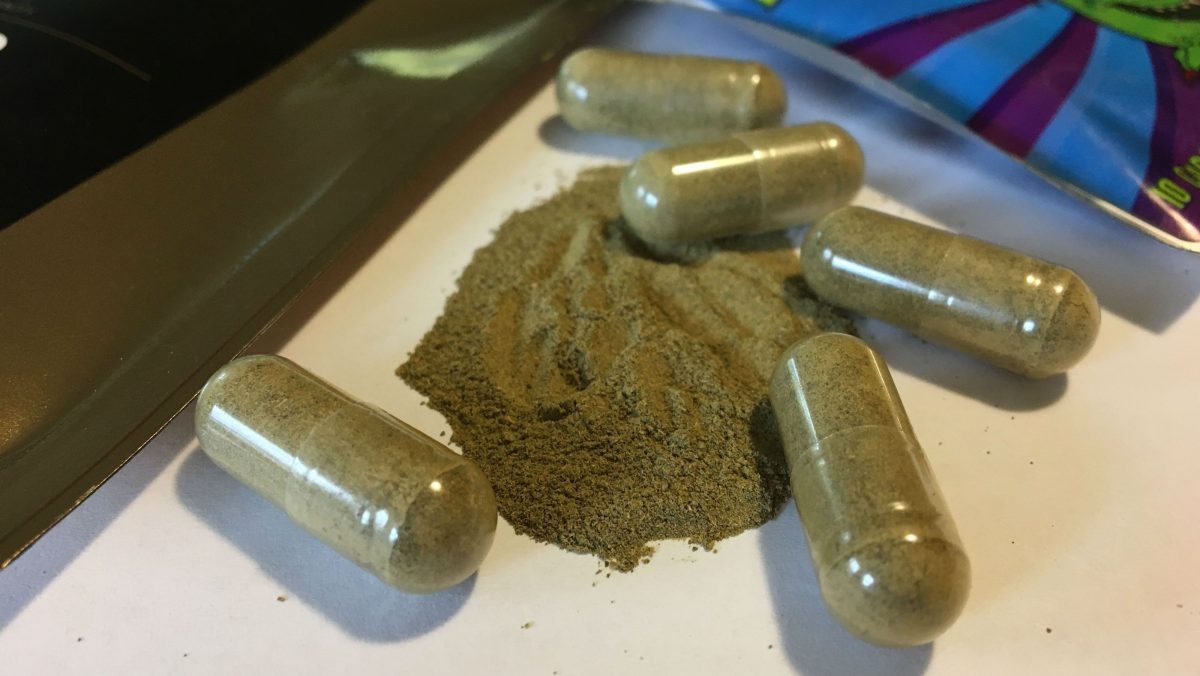According to FDA’s Commissioner “anyone consuming kratom may be placing themselves at a significant risk of being exposed to salmonella.” This comes after a months long investigation by FDA and CDC into a salmonella outbreak that was traced to kratom products sold by various marketers and re-sellers. The FDA concluded that “anyone consuming kratom may be placing themselves at a significant risk of being exposed to salmonella.” To read the full press release, click here.
Kratom is not legally marketed in the United States as a drug or dietary supplement. Kratom is an considered an opioid by FDA. It is addictive and has been linked to many severe health consequences and several deaths. In a previous post, we noted FDA’s crackdown on kratom sellers believed to be sources of salmonella-tainted products.
Mitragyna speciosa, commonly known as kratom, is listed as a controlled substance in 16 countries. Two of those countries, Thailand and Malaysia, are among kratom’s native countries of origin. In addition, six states — Alabama, Arkansas, Indiana, Tennessee, Vermont and Wisconsin — have banned the substance; several more have legislation pending.
Morsel Law is actively investigating businesses involved in the sale, manufacturing and distribution of kratom in order to seek justice for were unjustly deceived and mislead. If you relied on false and misleading health claims about the benefits of kratom, you should contact our law firm. You may be entitled to compensation by filing a lawsuit and our attorneys can help!





